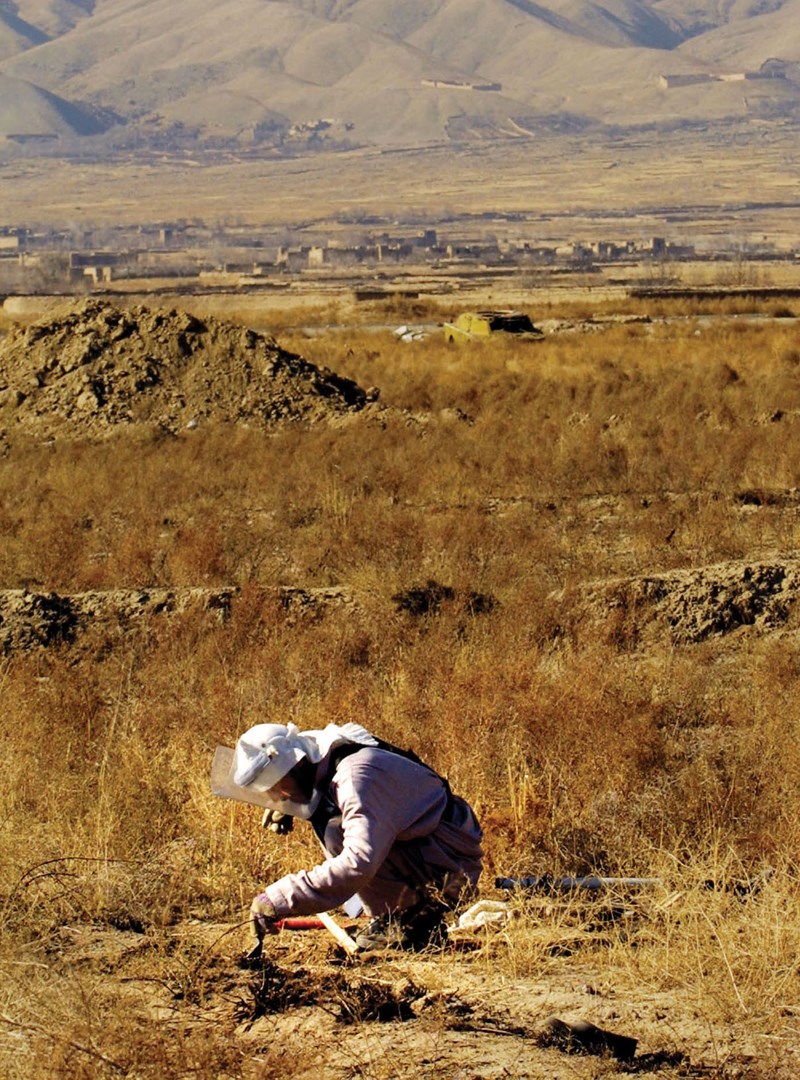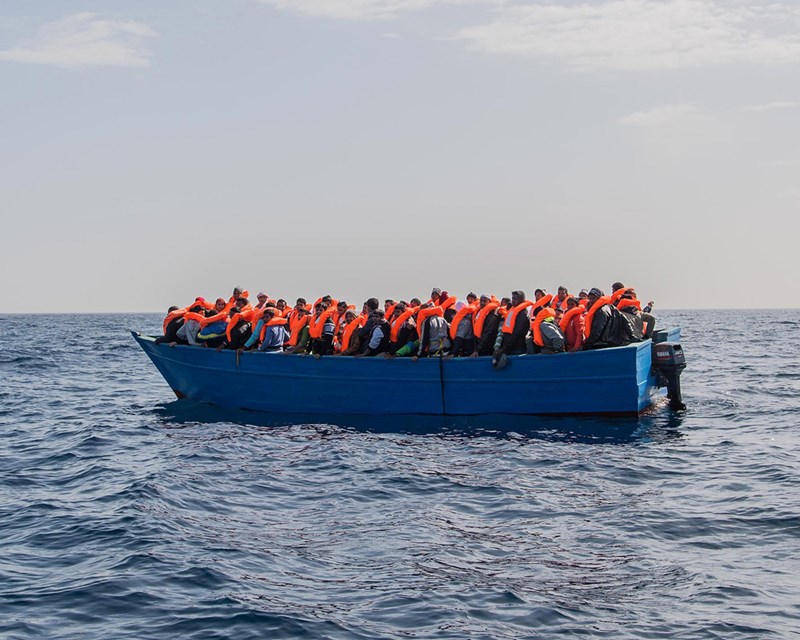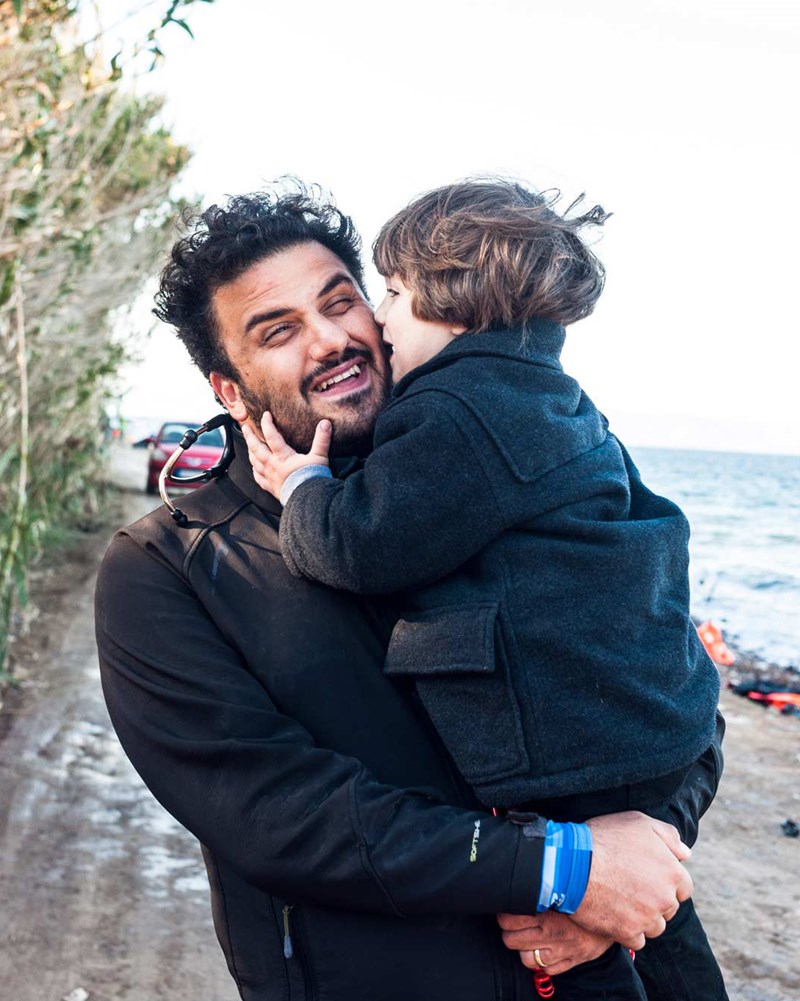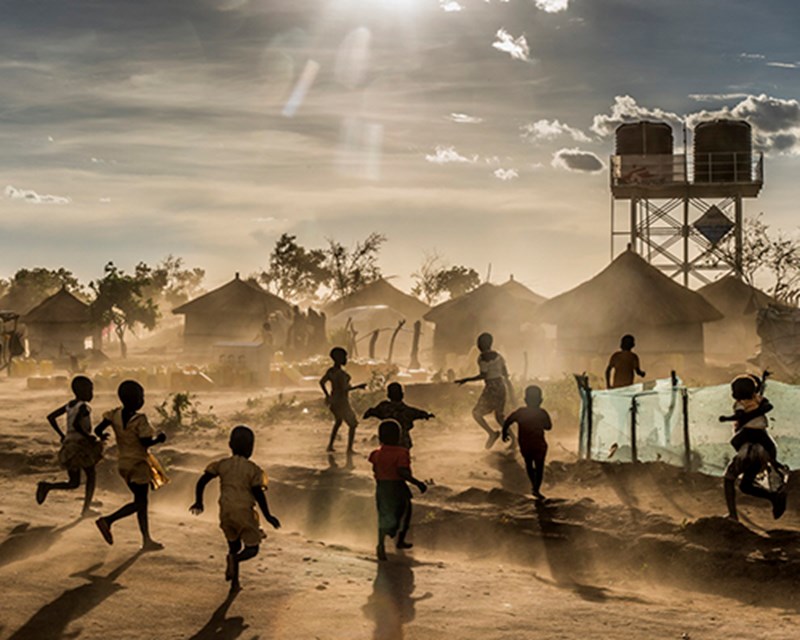Aid organisations are appealing for urgent funding as they scramble to support Afghans reeling from the collapse of their country’s government and a rapidly unfolding humanitarian catastrophe.
A week after the Taliban seized power following a lightning-fast conquest of Kabul, agencies including the United Nations have warned that the latest chaos is combining with drought, displacement, and economic disaster to create a crisis requiring immediate action.
“While the main focus over the past days has been major air operations for the evacuation of internationals and vulnerable Afghans, the massive humanitarian needs facing the majority of the population should not - and cannot – be neglected,” said Ahmed Al Mandhari, regional director for the World Health Organisation, and George Laryea-Adjei, UNICEF’s South Asia lead, in a joint statement.
“Conflict, displacement, drought and the Covid-19 pandemic are all contributing to a complex and desperate situation in Afghanistan,” they added. “Humanitarian agencies need to be supported… to meet the enormous and growing needs in Afghanistan, and make sure that no one dies unnecessarily due to lack of access to aid.”
The agencies warned they only had enough medical supplies in Afghanistan to last a week after deliveries were blocked by restrictions at Kabul airport, while the UN's World Food Programme said the country urgently needed $200m in food aid.
Global aid agencies have pledged to continue their operations in Afghanistan despite the challenges of working under the Taliban, who in the past have refused to allow female staff, chosen where aid is allocated, and tried to tax agencies for access.
The full impact of the Taliban’s takeover is still to be understood, but what is certain is that the change in regime – and expected curtailment of women’s freedoms – will only exacerbate existing fragilities and make aid delivery and funding harder.
The UN estimates that nearly 18.5 million people in Afghanistan – half the country’s population – rely on aid, with humanitarian needs expected to grow over the course of the year.
In July, UNHCR, the UN’s refugee agency, appealed for an additional $62.8m to respond to respond to the needs of more than 400,000 people displaced by fighting since the start of the year, as well as those seeking refuge in neighbouring countries.
The agency’s existing Afghanistan appeal, seeking $351m, is less than half funded.
“The exponential increase in conflict-displaced people in Afghanistan and the urgent response has overstretched the existing capacity of the humanitarian system,” the agency said in a report.
Describing the country as “one of the most difficult operating environments in the world” due to its size, increased insecurity, difficult climatic conditions, and the ongoing coronavirus pandemic, UNHCR called on donors to provide flexible funding to allow it to respond “effectively”.





